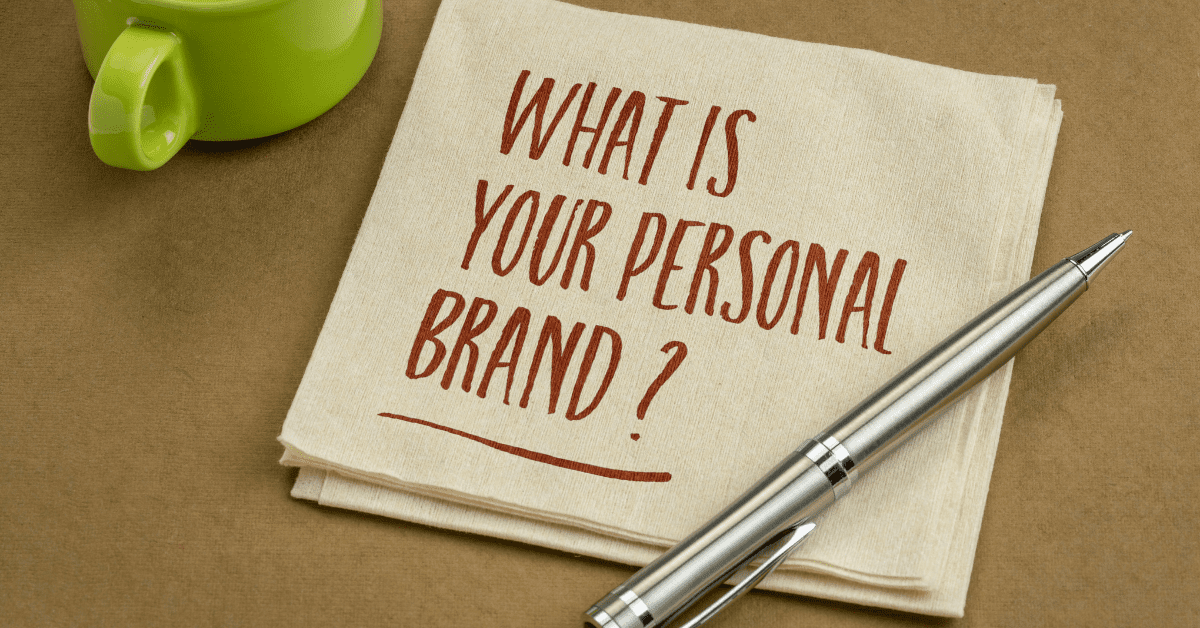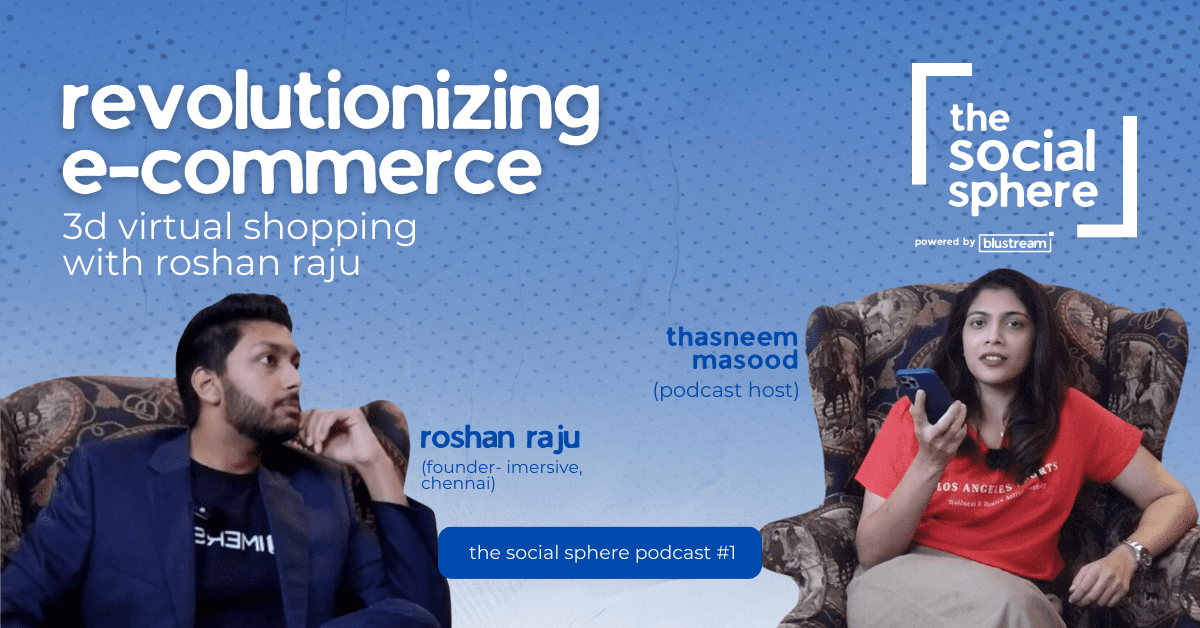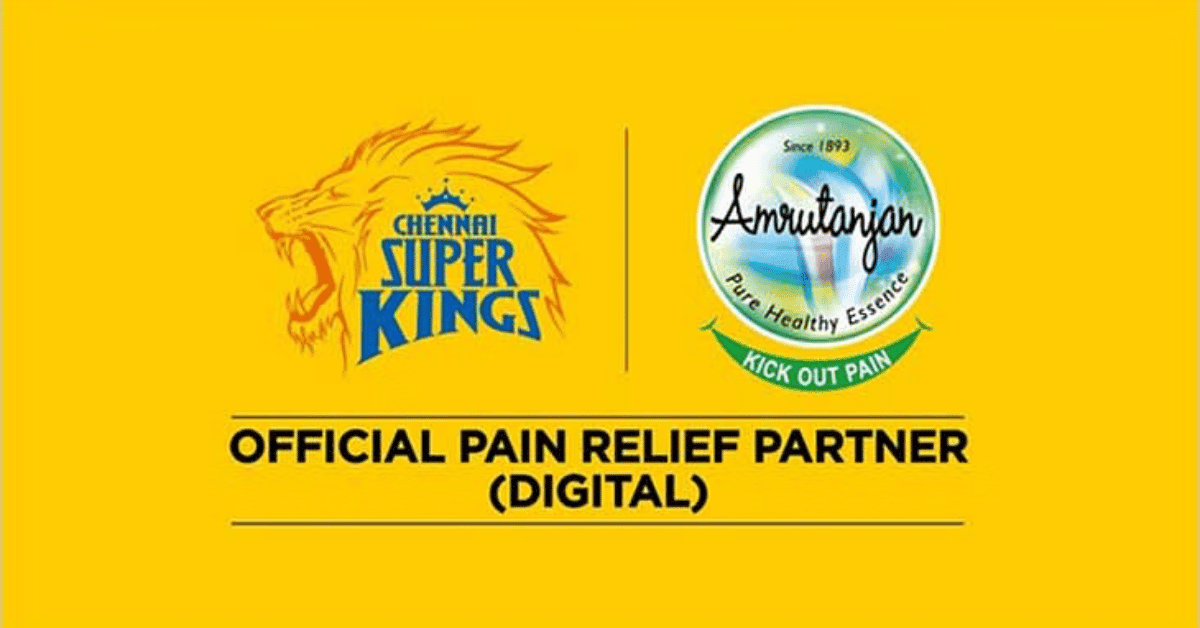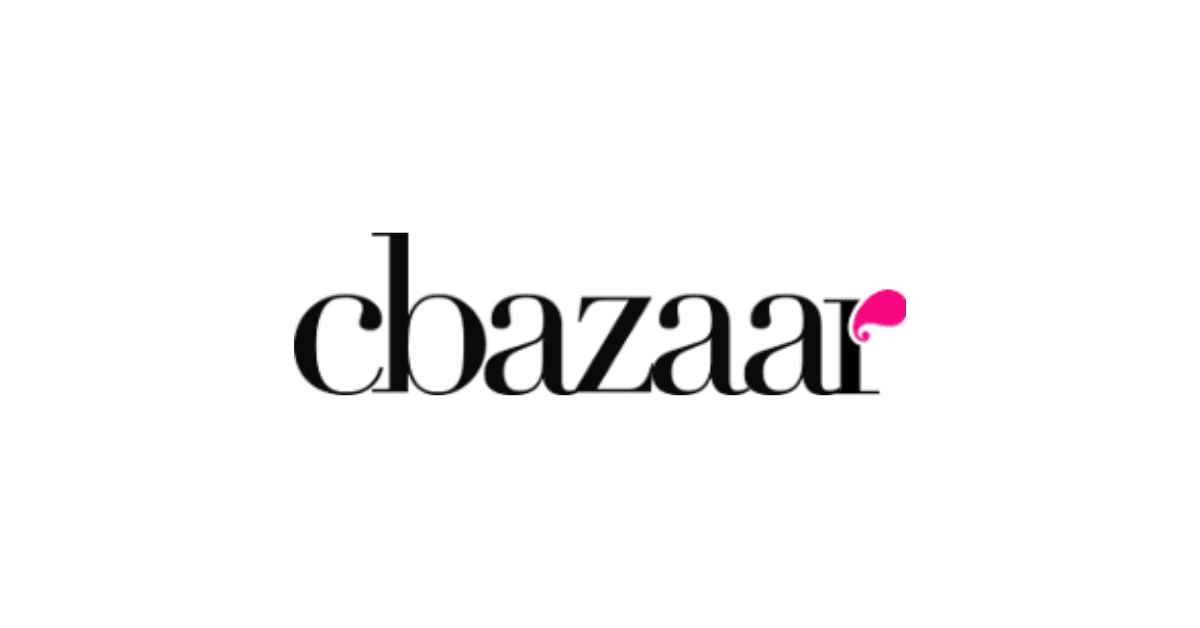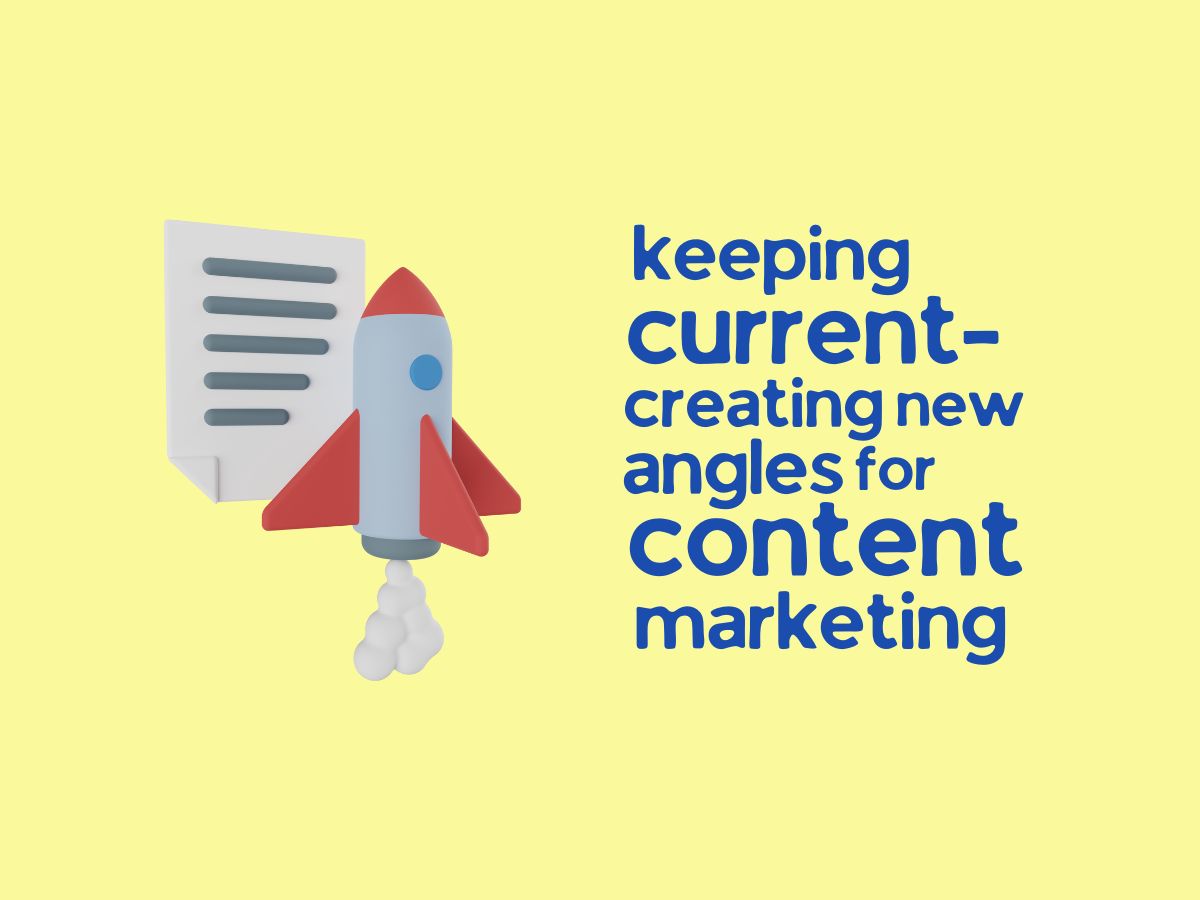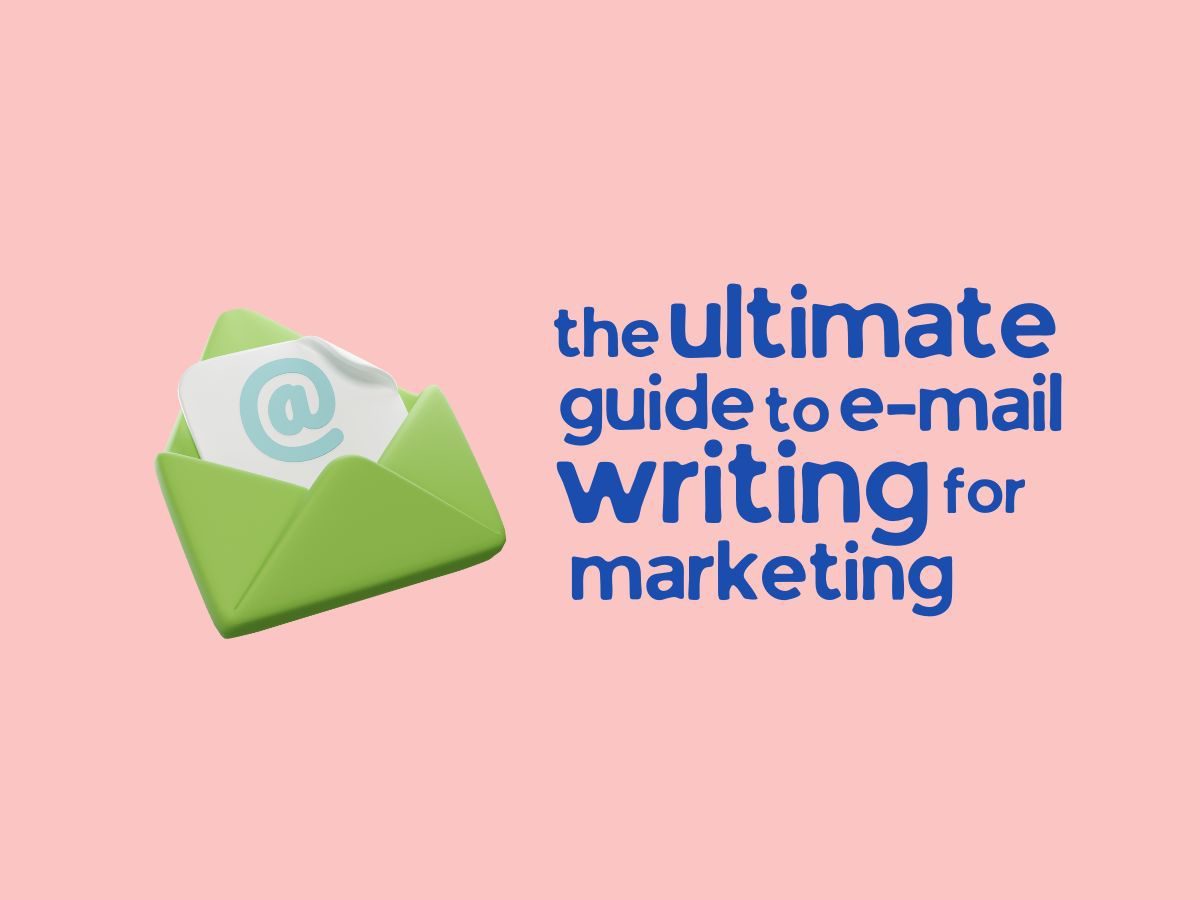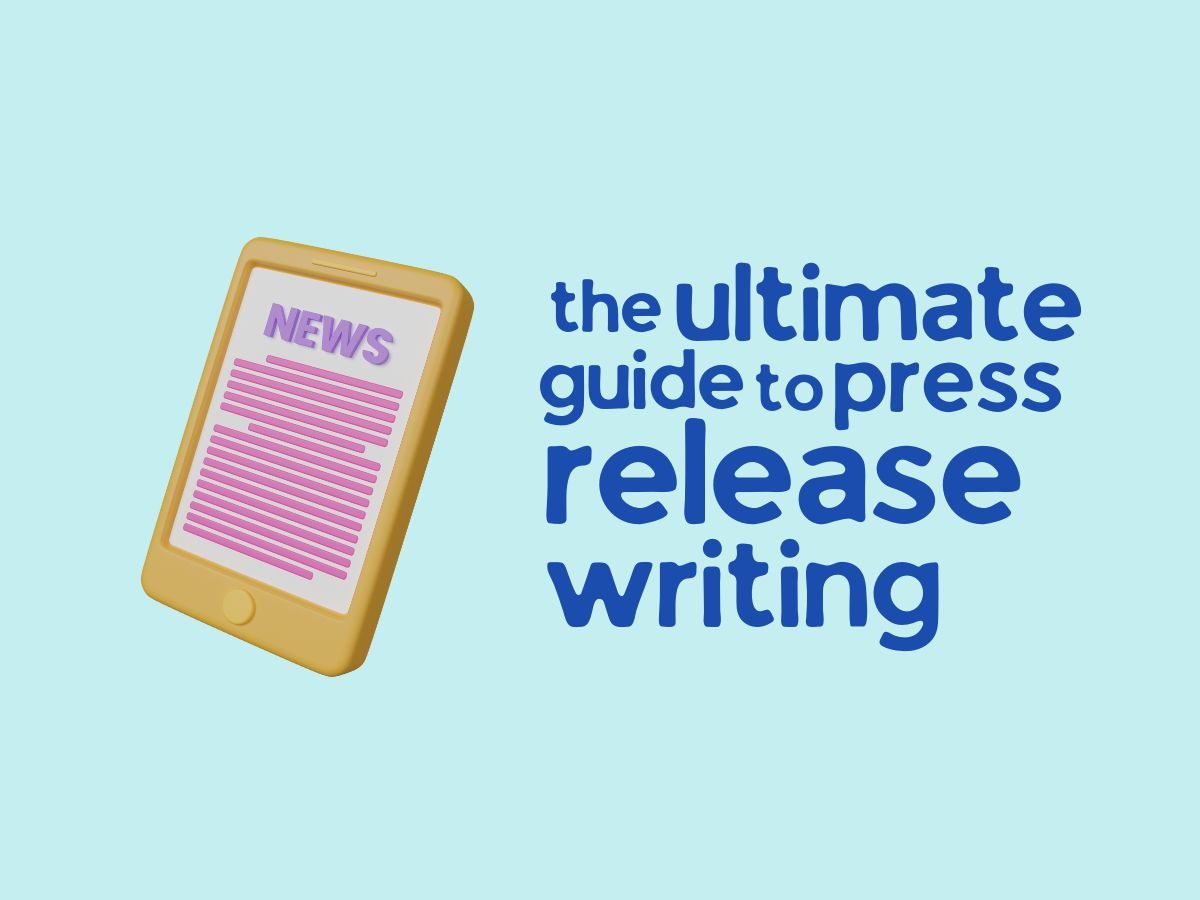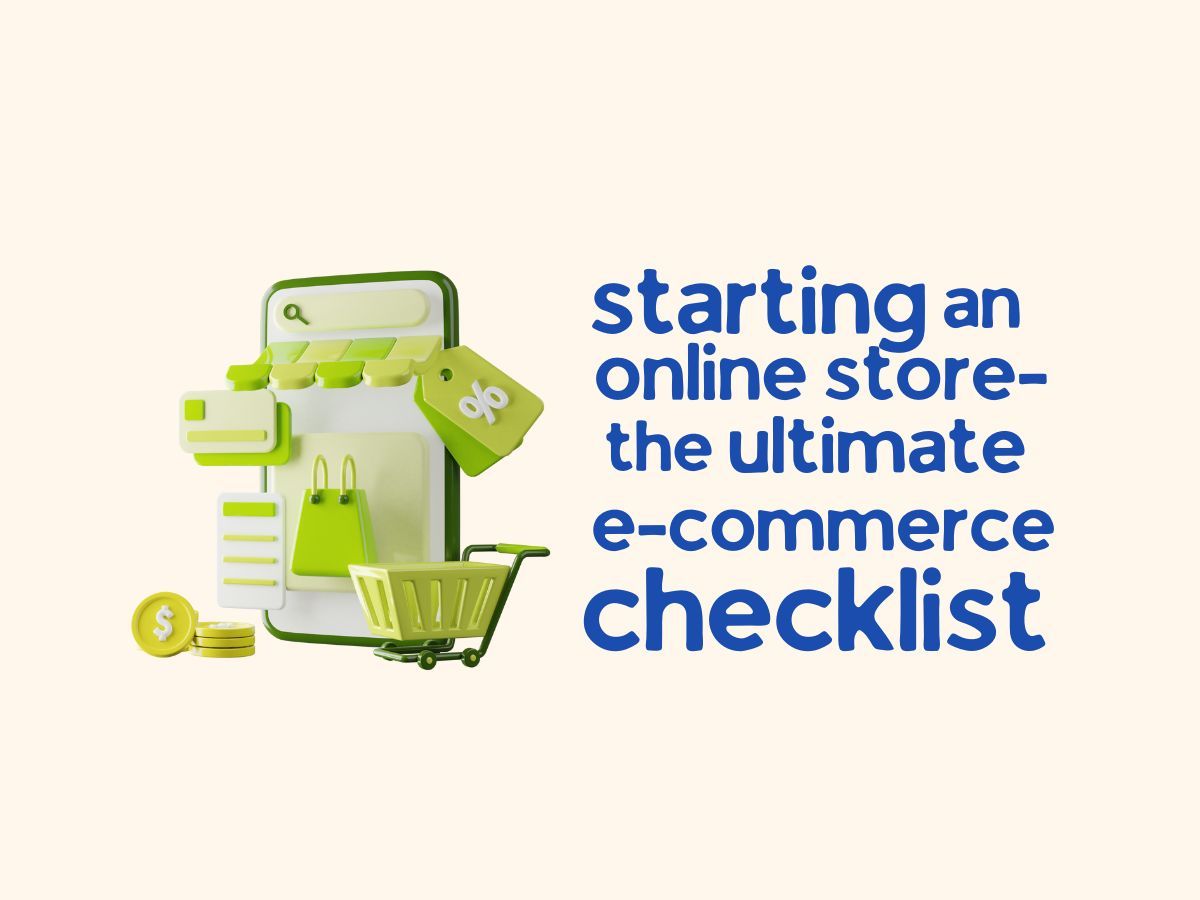Needless to say, books are the backbone of human history and knowledge. In fact, the first-ever text written dates back to 3500 BC! And here we are in the world of eBooks and documents, or are we?
Recent studies show that eBook sales have flattened and printed book sales have only boosted with the rise of the digital era. With physical books outselling eBooks, there’s been a 2.1% rise in the printed book industry valuation over a year from 2017 to 2018.
What does this trend tell us? Are the advancements in the tech world still lacking, or is it a mysterious driving force pushing our generation into this publishing renaissance? Analysts believe that among many other factors, this trend is being driven by the absolute pleasure a reader gets by having a new book in their collection.
With the advancements in the publishing sector and budding artists, readers are attracted to these beautiful-looking books that are just much more than written texts or stories. They’re buying an off-screen, immersive experience.
“The book lover loves to have a record of what they’ve read, and it’s about signaling to the rest of the world. It’s about decorating your home, it’s about collecting, I guess, because people are completists aren’t they, they want to have that to indicate about themselves” says Meryl Halls, managing director of UK’s Bookseller’s association.
Let’s dive deeper into this interesting world of digital publishing. We’ll be breaking this down into five simple parts:
- Digitizing Publications
- Diversifying Marketing
- Busting the rivalry myth
- Role of Amazon
- Author’s blueprint to Marketing
Digitizing Publications
While the eBooks market doesn’t seem to cannibalize printed books, digital publishing seems to take different turns over the years. Chris Lavergne, the CEO of youth culture magazine, documented that even when he had more eBook units sold, the printed copies generated over 7 times more revenue.
This simply tells that the market for printed books is diverse and generates more revenue. When writers like J.K. Rowling say that they still love to write by hand, it’s quite obvious that readers still love reading from matt papers with a distinctive scent.
Nowadays with the availability of features like Kindle Direct Publishing (KDP), budding authors can publish their own books independently. But with the rise of this eBook revolution, rises bigger problems.
With the sheer amount of books constantly being published, the readers will have a blitz of content at their disposal, and eventually, the value of eBooks will decline. A testimonial to this is the 4.5% decline in eBook sales in the first quarter of 2019.

Diversifying Marketing
While 2012 marked the start of a constant decline in the sales of the Amazon Kindle tablet, there’s a new format of books that the population seems to enjoy, and the sales for which only seem to skyrocket.
With the upcoming audiobook platforms like audible, people are having the liberty to multitask while they relish their prose of choice. This draws a new scape of possibilities to the upcoming era of digital publishing.
Diversifying your marketing strategies and using a mix of all the present-day technology can help you reach your target audience. The period we are living in, has seen an upsurge in e-marketing tactics and makes it way easier to advertise, market, and distribute your content.
The most evident & successful example of hybrid marketing is the journey of Penguin Random House. Penguin has been the household name to readers for generations starting all the way back in the 1930s. The brand has shown constant growth with time.
With the emergence of the audiobook culture, penguin launched their own podcast and earned a listening time of 13 million minutes. Swiftly ranking in the top 30s charts of UK podcasts. Similar strategies of hybrid marketing have been implemented by independent sellers by teaming up with distributors and vendors.
Busting the Rivalry myth
After considering the distinction between the digital age of publications and the traditional market for printed books, is it really worth considering this as a rivalry? According to many experts, digital books just serve as an extension of the publishing industry.
If the example of Penguin Random House isn’t enough to convince you that all the channels are serving the same audience, then this statement by the CEO of McGraw-Hill might surprise you. He stated, “maintaining both print infrastructure and digital infrastructure means lower margins, or say a larger readership.”
Digital publishing has its own cons too, it makes it easier for people to get pirated and even free copies of books, but the worst part is they get circulated and affects the sales of eBooks massively. If this issue is somehow taken into account and solved, we could see a new scape of users.
Role of Amazon
Amazon first started as an online book store and later turned into an e-Commerce giant. Something that hasn’t changed over the decades is the love-hate relationship between publishers and Amazon.
It’s a wonderful place to establish your own online store and start selling, but with a big audience comes bigger competition, the sheer amount of sellers present on the platform makes it exceptionally difficult to compete with the bigger sellers that might overshadow your small store.
Author’s blueprint to Marketing
For individual authors to grow and build an audience for themselves, they need to be prudent marketers. An alternative to this could be having a former audience on social media platforms. Humble the poet and Ravinder Singh are great examples of this.
Utilizing the audience an author has on social media is a great way to headstart your career as an author but it should be known that the process can be tedious if you aren’t familiar with the needs and likings of your target audience.
Almost every city has its homegrown publishing house, it is getting easier to automate and personalize the experience an author is willing to publish and distribute. Hybrid marketing opens up new pathways for reaching your desired audience.
With a unique approach and talent, you can always have hopes of putting out your words into this widespread passion of reading and collecting books. As evident as it is, Books will never go out of trend- they are a culture to relish and preserve. And if you are willing, you are welcome.
If you liked this article and looking forward to reading more valuable pieces like this, consider subscribing to our newsletter.



